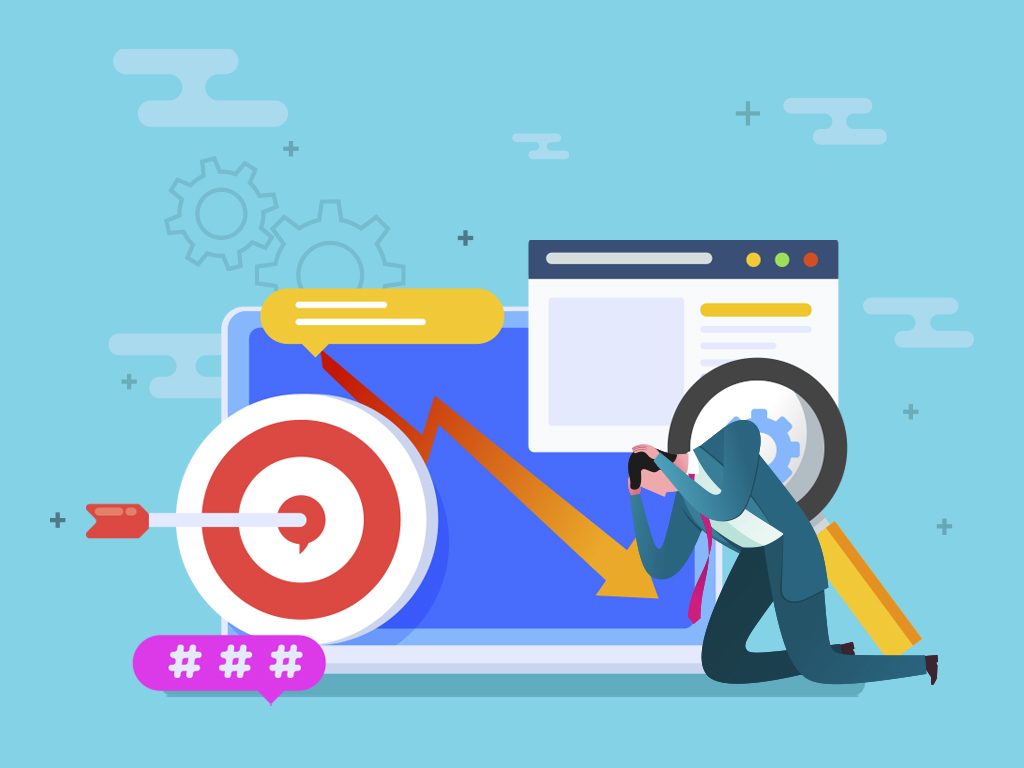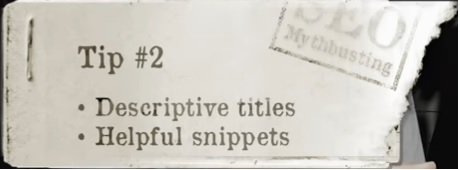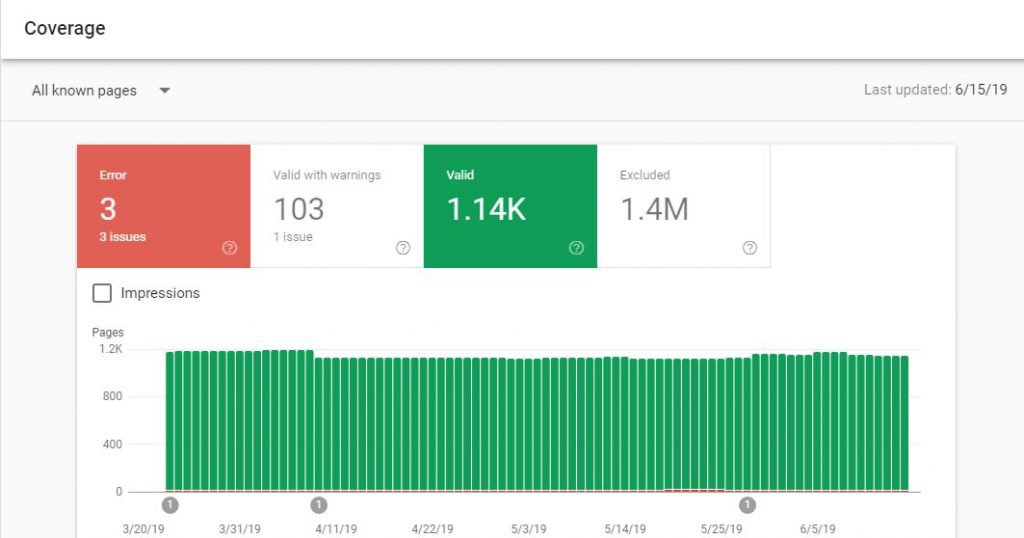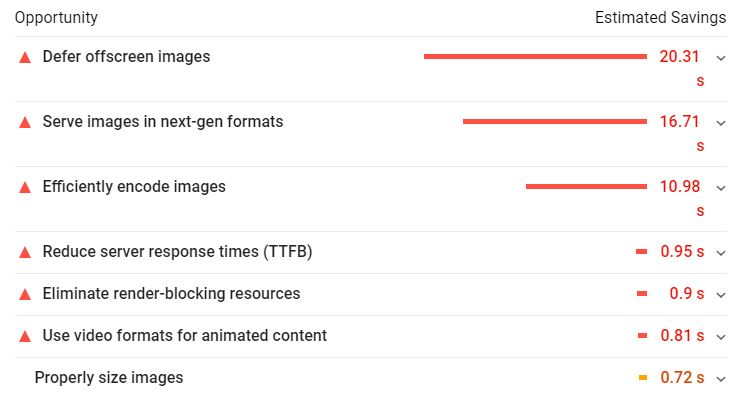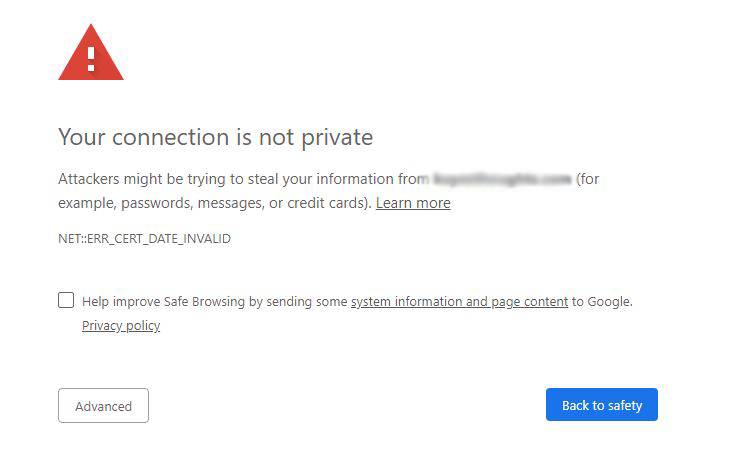10 Crucial SEO Mistakes You Might Be Doing
With hundreds of ranking factors being used by Google to identify websites that deserve to be on the first page of the search results, us SEOs are getting crazy with the number of things to think about and tasks to do.
SEO is competitive. Once you get to the top page, you can never afford to make any mistake that can affect your website gravely. There is no perfect SEO campaign but these SEO mistakes are something you should take a look at.
Unoptimized Page Titles and Meta Descriptions
Page titles remain to be one of the most important on-page SEO factors. It is important for both search engines and users. I’ve seen a lot of websites only use their brand names as the page title of their homepage and that alone is causing them to miss a lot of ranking opportunities.
Page titles alone can increase organic rankings by a huge margin. This is one of the small things you can do A/B Testing with to see what works for you.
On the other hand, there were a lot of violent reactions to Google’s SEO Mythbusters episode where Google’s Webmaster Trends Analyst Martin Splitt said that Meta Descriptions is one of the top important things for SEO. While there is a lot of criticism by this statement, I am actually with him.
Yes, meta descriptions are not a direct ranking factor anymore but just like Page Titles, it is the first thing users see before entering your website.
Even if you produce high-quality content regularly but write crappy titles and descriptions, searchers would click on your website less and those clicks will belong to your competitors.
Not Doing a Regular Audit of Indexed Pages
An SEO Audit is something all SEOs should do regularly. While there are a lot of SEO Audit checklists that can be downloaded around the internet, the most important audit should be in your Google Search Console data.
The Coverage report will show you all pages being indexed by Google. If you’re seeing an absurd number of pages being indexed by Google, then you might need to de-index some pages to save crawl budget. At the same time, there might be some important pages not being indexed by Google because of a crawl error.
Fixing detected errors in the Search Console is also a must. This could be problems with indexing your content that could negatively affect your rankings.
Not Scouting Your Competitors
Competitor research should be a part of any SEO campaign. If you’re not doing this, then you’re missing out a lot.
Scouting on your competitors will give you an idea on what type of content they are publishing or what keywords they are targetting. Use this data to gather keyword suggestions and create better content and dominate them in the search results.
You also miss out on link building opportunities if you’re not spying on your competitors. Checking their backlinks and reaching out to these websites are a great way of gathering links for yourself. It might sound like a lot of work but if you have the right tools then you can save a lot of time and work more efficiently. There are a variety of backlink checker tools that you can use but I personally prefer using GrowthBar because it is much more convenient to use. I can immediately check competitor information right from the search results or track their rankings for the keywords I target.
Not Optimizing for Long-Tail Keywords
Long-tail keywords are often overlooked because they bring in less traffic but they are great opportunities. Often, long-tail keywords have low difficulty so it’s easier to rank for and increase a website’s SEO value. At the same time, long-tail keywords have a higher chance of converting because they cater to specific searchers.
Not Matching Content with Search Intent
Yes, content is king. We’ve heard it time and time again. But that doesn’t mean you just put out any content that you like.
Search intent, in my opinion, is one of the most important things SEOs should think about when producing content. Google is always for the user and the most important thing to them is serving the right information to searchers.
There are 4 types of search intent:
- Informational
- Navigational
- Transactional
- Commercial
Place your feet in the shoes of your audience and look at the list of keywords you have gathered. Think about what they are thinking if they search these terms. Or better yet, go ahead and search it on Google and see what results you’ll be served.
Building Links from Irrelevant Websites
You could build hundreds and thousands of links but if there are totally irrelevant to your website’s niche, Google will ignore these links and your link building campaign is a failure.
Sure, it is tempting to get links from a high authority website but link relevance is just as important as link authority.
Not Optimizing for Mobile
With the recent announcement that Google will now crawl websites using Mobile-First Indexing by default, there are no reasons not to optimize your website for mobile. With more and more users using mobile to surf the web, Google will always favor websites that load faster and perform better on mobile that those that don’t.
To test how your website performs on mobile, you could use Google’s Mobile-Friendly Test or PageSpeed Insights. There are also other free testing tools like GTmetrix. This tools will give you valuable information that you could use to optimize your website’s speed.
If you don’t One of the easiest things you could do if you’re using WordPress, you could install a free plugin to create AMP pages for your website. Once Google index your AMP pages, users would most likely land to them seeing a lightweight version of your website.
Not Optimizing Anchor Texts
Anchor texts are both important for inbound and outbound links. Using tools like Ahrefs, you could see the top anchors for your website. Having 5,000 links is nothing if your top anchor texts include terms that are totally irrelevant to your website.
The same goes for internal links. Do not link to other pages of your websites just for the sake of linking to it and inserting your keywords. Make it look natural and don’t force it.
Keyword Cannibalization
Keyword cannibalization happens when multiple pages of a website are ranking for a single keyword. Not only is this a total waste of time but it also can be detrimental to your rankings.
This problem is often unnoticed and has caused headaches to the SEO community. If search engines see two blog posts eligible to rank for a single keyword, it confuses them resulting both articles to rank low.
Keyword cannibalization has a lot of grey areas and you should be careful before you decide to scrap an article or combine articles together.
To spot keyword cannibalization on your websites using Google Search Console, under Performance, add a keyword you are targetting under Query and it will show you all pages that have impressions for that keyword. You could also use Ahrefs to solve keyword cannibalization.
Not Having an SSL Certificate
Have you ever gone into a website and see a message that your connection is not private? Or a website that is labeled “not secure” in the URL bar? Ugly right?
A few years ago, Google made an announcement that HTTPS is a ranking factor. This is one of the basics when setting up a website and yet I see a lot of websites still running on HTTP.
This is something not only Google is concerned but also the users. Users would most likely not continue to your website or click away when they see this warning. There a lot of websites selling SSL certificate but there are also websites that offer SSL Certificates for free.
Key Takeaway
SEO mistakes happen. With hundreds of rankings factors and many details, it’s almost impossible to have a perfect SEO campaign.
But one of the things I love about SEO is the most is that one is different from the other. It’s a mix and match. Try to find what works for you and create goals to guide you in every step of the way to make fewer mistakes as possible.
Have you had an SEO mistake that affected your website badly? Share it on the comments down below!
